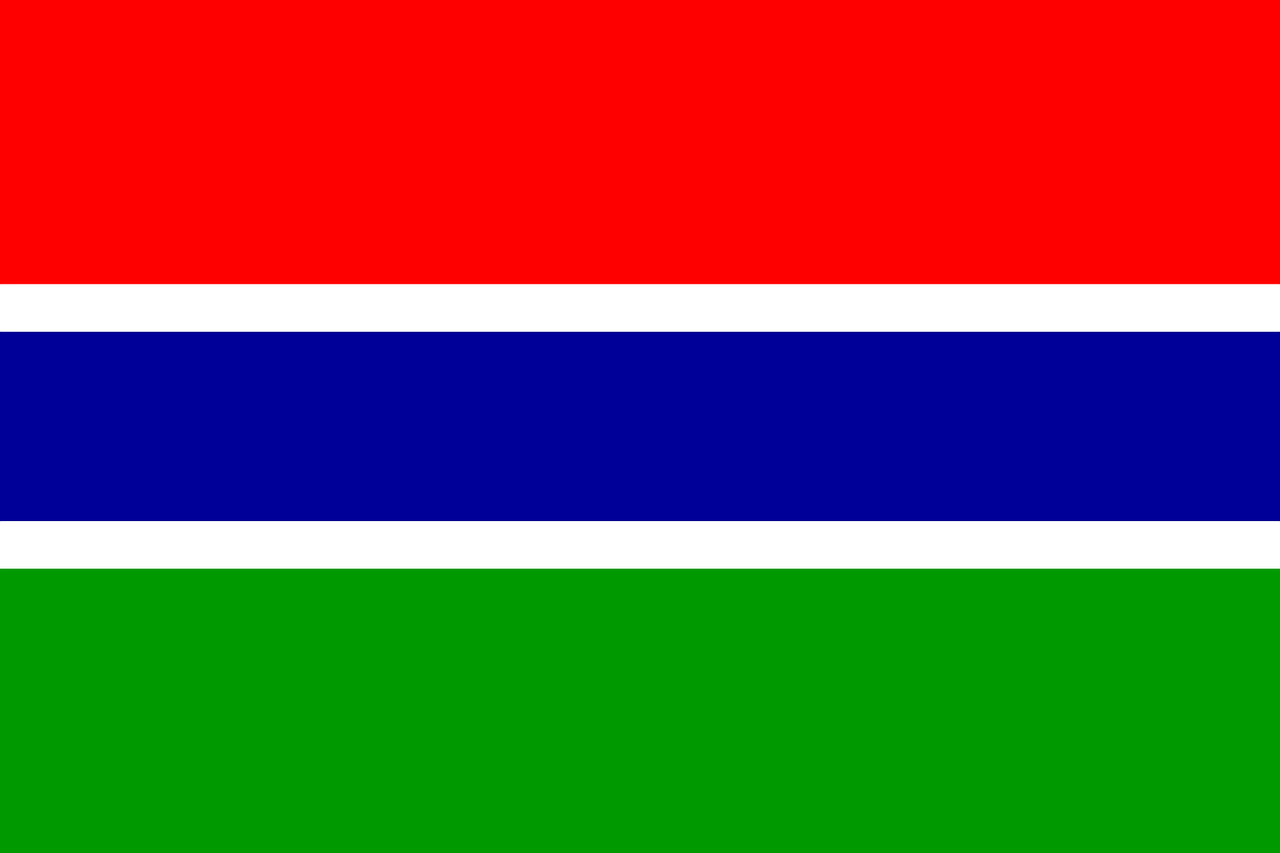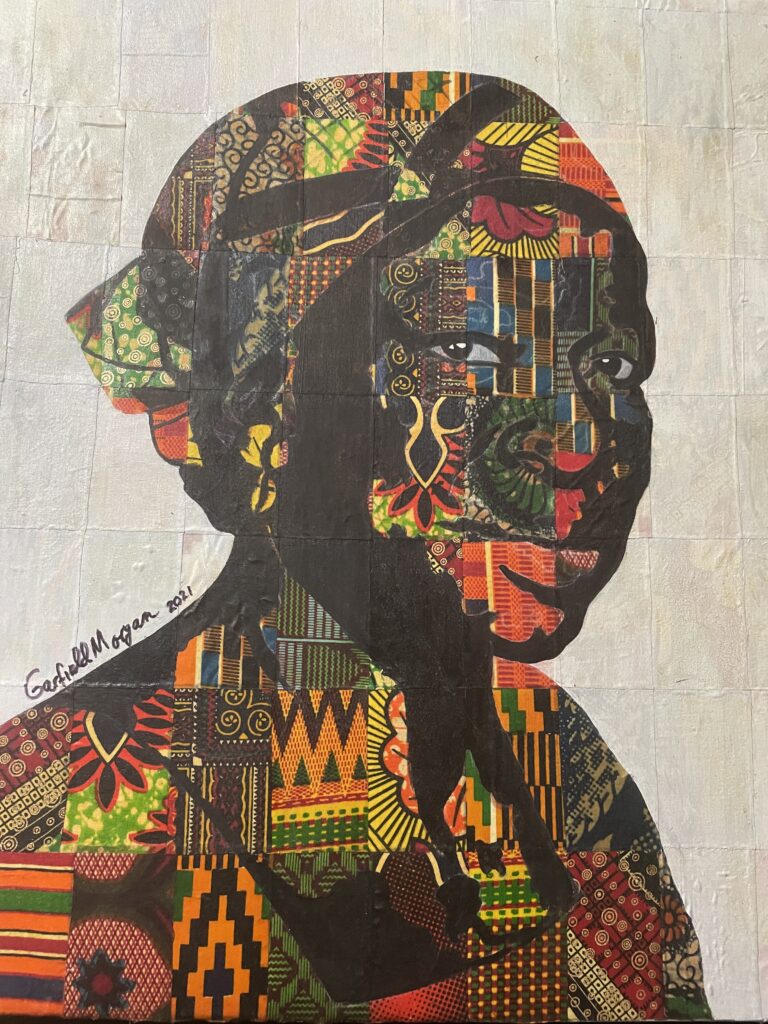From tumultuous rule to financial fiasco in The Gambia

When this West African country is mentioned, most people remember a popular tourist destination where visitors enjoyed vast freedom and splendid beaches. The economy relies heavily on tourism and the Gambia is also known for its large and rich natural resources. One wonders if the potential has, even now, been fully exploited.
The Gambia also re-echoes Senegambia, partly because the location of this country is quite “intriguing”: The Gambia resembles an insertion into Senegal, a larger West African country, one of the most prestigious colonial and neo-colonial ancillaries of France. Part of the general saying is that the Gambia illustrates the business-minded nature of the British who managed to carve out a colony within a French possession. That British possession has all the riches that a people can covet.
The Jawara Regime
Associating the Gambia with poverty in the midst of potential riches is a paradox that can first be traced to bad governance. From history to contemporary times, the trajectory of that country can be laid out according to the following: colonial domination, neo-colonial lethargy, post-independence dictatorship, followed by a gaping lack of scrupulous financial direction, a nation wallowing in “fresh” and beautiful unfulfilled political promises. Sir Dawda Jawara is the person most associated with this paradox of poverty in riches, at least from the perspective of history.
After the struggle between the British and the French over that territory, a period that is thoroughly explored by historians, we could say that on 24 April 1970, the Gambia became a republic within the Commonwealth (the fate of all former British territories), following a second referendum, with Prime Minister Sir Dawda Kairaba Jawara as head of state. He is referred to as a “politician” who served as prime minister from 1962 to 1970 and as the first president of the Gambia from 1972 to 1994 when he was deposed in a bloodless coup by 29-year-old Yahya Jammeh. This seems pretty much like the general tableau in Anglophone Africa.
The British model of governance lingered with the new elite civil servants at the forefront. They, ultimately, gave way to agitations and the rule of guns, when the military join the race, asking for their share of power, riches, satisfactions and settlements of diverse types. Before the Jammeh take over, a major coup attempt shook the Jawara Regime. It was led by Kukoi Samba Sanyang, who, on two occasions, had unsuccessfully sought election to Parliament. A week of violence ensued with several hundred people being killed. It was the intervention of Senegal that helped to restore the Jawara Regime.
Senegambia was “officially” born after that coup attempt, that demonstrated the loyalty of neighbouring Senegal. So, as a confederation, Senegambia aimed to combine the armed forces of the two states (Senegal and Gambia) and to unify their economies and currencies. The Gambia, ultimately, withdrew from the confederation in 1989 and Jawara was re-elected five times until 1994. His rule came to such a quiet end that certain analysts thought it was a palace coup. The general opinion was that Jawara’s rule had to be terminated because of the reason I mentioned earlier – the quasi-continuation of British colonial or neo-colonial rule and the economic stagnation of a country enormously endowed with resources.
The Jammeh Regime
Hopes were high when young army officer Jammeh took over. His youth and charisma initially charmed, but signs of violent rule and dictatorship quickly emerged: The Armed Forces Provisional Ruling Council (AFPRC) was set, and opposition political activity was banned. National elections were conducted in 1996; Jammeh won and was sworn into office. He was later victorious in the 2001, 2006 and 2011 elections. His rule was marked by terror, imprisonment, torture and a tight grip on power. All these exactions came to light either after Jammeh lost power or when his rule was close to an end.
His early followers were disenchanted when Jammeh transformed the country into an Islamic Republic. The Islamic majority of the country cannot be doubted (95.7%) but opting for a certain level of Islamic faith laced with omnipotence might raise eyebrows. Jammeh’s personality cult climaxed when he claimed that he could cure HIV/AIDS, adding that he would rule the Gambia one billion years “if Allah wills”. This state of general fatigue, lack of economic transparency and freedom of speech forced many Gambians into exile and the elections of 2017 resulted in Jammeh’s defeat to businessman Adama Barrow. Jammeh refused to concede defeat and disorder followed. Barrow fled to Senegal where he was sworn in as President of Gambia. He, eventually, fled to Equatorial Guinea, allegedly, with a huge amount of cash.
Barrow’s Blunder
Barrow promised economic “renaissance”, freedom, and accountability. Suddenly, few days ago, the Barrow regime posed what could be termed a “blunder”. An exorbitant sum of money was spent in a manner that did not seem to fit a regime or leader with a prudent sense of governance or discernment. The event was captured by the media headline “100 SUVs and the OIC Disaster”
The Gambia hosted the 15th edition of the Islamic Summit of Heads of State and Governments of the Organization of Islamic Cooperation (OIC) from 4-5 May 2024. As part of the organization, the Gambian Government decided to purchase 100 SUVs to convey participants from the airport to their hotels and then to the conference centre and back to the airport. The event was to last two days and the key activity, when every delegate would deliver their speech and depart, would take only one day or few hours. This decision shocked many people. Let us not forget that the Jawara Regime and the Jammeh rule had left the Gambia in a deplorable state, and it is one of the poorest countries in the world. The national poverty rate is approximately 53.4 per cent.
The summit of the OIC (at the center of this reflection) had been postponed several times because the host was ill-prepared. When it was finally hosted, many participants did not show up because of the poor quality of preparations. The media reported that many heads of state skipped the event.
Many observed that “the decision to buy 100 luxury vehicles is so monumentally boneheaded that it should be a textbook example of bad decision-making”. Almost everybody agreed that the services of the most expensive car rental companies would have been more cost effective. The OIC summit is a failure which manifests in the purchase of 100 flashy vehicles that sit idle, now that the two-day event is over. The budget involved could have provided the Gambia better roads, hospitals, schools, buses. Had they been another brand of vehicle they could have been used to render the Gambian police more operational since one of the main difficulties faced by the institution is the lack of vehicles.
These SUVs will certainly be added to the fleet of cars owned by ministers, MPs, and people of such “caliber”. Auditing the purchase of the vehicles will undoubtedly uncover improper acts like inflated prices and more. Some analysts say that this is a classic example of what happens when a country is run by “incompetent officials”. The question on many people’s mind is whether the post-Jammeh area with all its promises and dreams is a better phase in the country’s life.
Moussa Traoré is Associate Professor at the Department of English of the University of Cape Coast, Ghana.







Good afternoon. I think the issue of the Gambia in terms of dictatorship, misuse of public funds, torture of journalists and activists during the regime of Yahya Jammeh, can be blamed partly on the actions and inactions of ECOWAS. I became very sad when I read this article.
Okay, let’s assume that the 🇬🇲, is a democratic state. How come President Yahya Jammeh became president from 1994 to 2016?
It therefore suggests that the Gambia is not a democratic state. Because I still see traces of coup d’etat in Gambia.
So between 1994 and 2016, ECOWAS leaders were oblivious of his tyrannical rule? . Any true democratic country won’t allow the atrocities caused by Jammeh to finally go into Exile in just here”Equatorial Guinea “.
This is where Traore should not forget, what was the ECOWAS leaders doing to put a stop to his coup d’etat before he finally became president,and all these human rights abuses came up?
The economic crisis is still lingering around the Gambia as President Adama Barrow seems to be curbing it. Meanwhile, he’s doing nothing. This is where I agree with Traore’s financial fiasco in the Gambia.
We have allowed these issues of colonialism and poverty to haunt us. We, as Africans, must sit up and fight for our right. Every small thing we run to colonial masters in search of refuge. That won’t solve our problems.
For lack of time, I can’t continue. I wanted to compare the Bagbo administration of Code vo’re to that of Jammeh’s. If ECOWAS is failing and the current government officials in the judicial service can’t also bring sanity to the Gambia, I suggest they involve the International Criminal Court for adjudication. Barrow must sit up to salvage his country.
Thank you so much, Traore, for your wonderful piece!
…..Sakara Mumuni….
🇬🇭
Hello sir,l hope you fine we are Allright here and thank you so much for the test. I just want to do a little comment. To answer the question that people have in mind about post Jammaeh eara I shall say the high ammout of money that the government wants to spent to buy hundred cars of luxury should have been used to solve the urgences of the country.Given that the country needs buildings,realizations, it would be better to invest in these urgent needs.But we realize this issue of unfulfilled promises is general in most of african countries despites this we can rejoce because of the great awareness of African young generation and we still hope that things Will change in whole Africa.
It’s business as usual in the Gambia. Corrupt, African leadership is not necessarily incompetent. It is not that they don’t know the right thing to do or can’t do it–they know but don’t want to do it because it will not enable them to loot as much as they can from state coffers. In Africa everything hinges on leadership, and the Gambia is suffering the consequences of decades of unlettered and corrupt leadership. Good writing. Pinpoints what’s wrong with the Gambia. Thank you.
African leaders are not serious about the people
Africa beyond hope. A most ill- advised decision. I wonder the African leaders think.
A classic example of lack of wisdom in governance
Very nice production
This is very instructive.
The tremendous issues faced by the most of African countries are corruption, incompetent leaders,bad gouvernance…
The Gambian people should rise up and say no to this fact.
I really appreciate this article.
Congratulations 👏 dear and loving lecturer.
So sad….. African leaders are just a bunch of failures. The former being better than the later